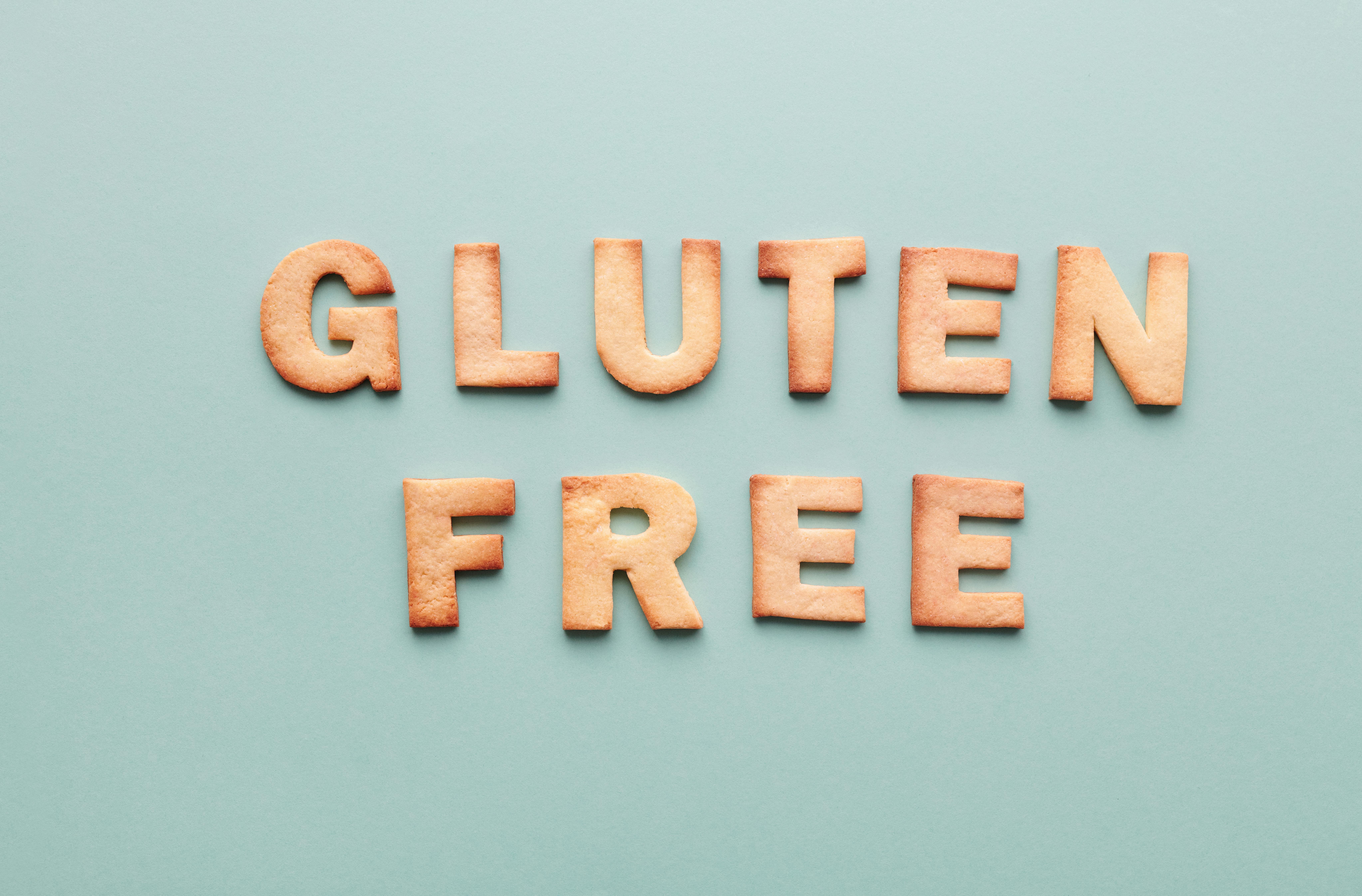Apply Now
Effective Ways to Enjoy Diet Pepsi Caffeine in 2025
Understanding Diet Pepsi Caffeine Content
Diet Pepsi is a popular diet soda known for its unique flavor profile and low-calorie content, making it a preferred choice for those who enjoy fizzy drinks without the added sugar. A crucial aspect of Diet Pepsi that consumers often contemplate is its caffeine content. In 2025, understanding the caffeine levels in Diet Pepsi is more important than ever, given the increasing concern about caffeine sensitivity among consumers. The caffeine content in Diet Pepsi typically ranges around 35 mg per 12 fl oz can, which is lower than its full-sugar counterpart, Regular Pepsi, at 38 mg per can. Despite this seemingly slight difference, the effects of this caffeine can vary significantly among individuals, especially those who monitor their caffeine intake closely.
It's also important to consider the roles of caffeine in sodas compared to other caffeine sources. While Diet Pepsi provides a refreshing caffeine boost, there are alternatives and considerations for health-conscious consumers. Understanding how caffeine interacts with our bodies can help you make informed decisions about beverage choices. Exploring the deeper connection between Diet Pepsi caffeine and overall health can help guide moderation in consumption.
Diet Pepsi vs Regular Pepsi: What's the Difference?
When comparing Diet Pepsi to Regular Pepsi, several factors come into play, including calorie count, sweetness, and caffeine levels. Most notably, the sweetening agents differ between the two sodas. Diet Pepsi uses artificial sweeteners like aspartame, which are calorie-free but can have varying health effects. On the other hand, Regular Pepsi is sweetened with sugar or high-fructose corn syrup, contributing to its higher caloric value.
Many consumers gravitate towards Diet Pepsi to enjoy the refreshing taste with minimal calories. However, health discussions often arise concerning artificial sweeteners. Are Diet Pepsi's sweeteners harmful, or do they provide an acceptable alternative to traditional sugars? Understanding the side effects of aspartame can help you feel more confident in your beverage choices. Moreover, analyzing the nutritional facts allows consumers to compare their favorite sodas, keeping health and taste in mind.
Health Effects of Diet Pepsi and Caffeine
Exploring the health effects of Diet Pepsi requires a nuanced view. Originally perceived as a healthier alternative to regular sodas, Diet Pepsi can still pose risks, especially concerning caffeine consumption. High caffeine intake may lead to anxiety, elevated heart rates, and disruptions in sleep patterns. These effects are magnified in sensitive individuals, emphasizing the importance of moderation in consuming caffeinated drinks.
The potential benefits of Diet Pepsi come into consideration when focusing on calorie reduction and weight management. While some studies suggest that consuming artificial sweeteners can curb cravings and assist in weight loss, it's crucial to consider individual experiences. Many consumers report mixed effects, urging the need for personal experimentation in caffeine consumption.
Recognizing the balance between enjoyment and health risks is essential. The importance of understanding your caffeine tolerance cannot be overstated, especially when integrating Diet Pepsi into a balanced diet.
Benefits and Risks of Diet Soda Consumption
Just like any other product on the market, Diet Pepsi carries both benefits and risks. On one hand, it offers a satisfying taste without the added calories, appealing to consumers aiming to reduce sugar intake. Additionally, the carbonation in Diet Pepsi can offer a unique sensory experience, significantly enhancing overall enjoyment.
Conversely, prolonged consumption raises concerns about the safety of artificial sweeteners used in diet sodas. Recent studies have shed light on their potential long-term health effects, including the implications of overconsumption on metabolic health. While beverages like Diet Pepsi contribute to hydration, they should be consumed wisely to avoid potential pitfalls associated with excessive sweetener intake.
As with any soft drink, moderation is key. Exploring unsweetened soda alternatives and combining Diet Pepsi with healthier beverages can promote better choices.
Caffeine Alternatives: Healthier Options
As consumers increasingly seek alternatives to caffeinated sodas, numerous health-conscious options have emerged. Herbal teas, flavored sparkling water, and caffeine-free sodas create a market trend towards healthier beverage choices. Consumers are now more aware of how caffeine affects their health, prompting a shift towards moderation and mindfulness in consumption.
Moreover, alternatives to caffeine that provide an energy boost without the jitters include adaptogenic herbs and natural sources like green tea. For some, opting for low-caffeine drinks throughout the day proves more beneficial than consuming higher amounts of caffeine-rich beverages like Diet Pepsi.
Understanding these alternatives enriches your drink choices and highlights the importance of balancing enjoyment with health implications.
Diet Pepsi Nutrition Facts: A Closer Look
Digging deeper into Diet Pepsi's nutrition facts is essential for anyone considering its inclusion in their daily routine. Diet Pepsi is sugar-free, containing zero calories per can, and has little to no nutritional value.
An examination of the ingredients reveals that in addition to caffeine and carbonation, Diet Pepsi contains phosphoric acid and artificial coloring. Although these additives make for visual appeal and palatability, they are worth scrutinizing closely. For instance, phosphoric acid may impact bone health if consumed in excessive amounts. Therefore, while Diet Pepsi has benefits such as hydration and taste, considering its entire ingredient profile is crucial for informed consumption.
As you navigate beverage choices, consulting nutrition labels becomes imperative, especially when understanding caffeine metrics and recognizing trends in health-oriented soft drink marketing.
Diet Pepsi and Hydration: Myths and Facts
Starting with the nutritional impact of caffeine on hydration levels, many believe that consuming caffeinated beverages like Diet Pepsi can lead to dehydration. However, studies indicate that moderate caffeine intake does not significantly affect hydration status. Understanding this relationship is essential when assessing the role of soda in daily hydration.
Using Diet Pepsi as a beverage choice can still contribute positively to fluid intake. However, balancing it with water or low-calorie, caffeine-free alternatives is advisable. Consumers should prioritize integrating a variety of beverages into their routines while enjoying the flavors of Diet Pepsi.
How Caffeine Affects Sleep
One of the most discussed effects of caffeine on health is its impact on sleep quality. Caffeine can inhibit melatonin production and delay the onset of sleep. Understanding personal caffeine sensitivity makes it crucial to monitor intake, especially for those consuming Diet Pepsi as an evening refreshment.
To establish a healthy drinking habit, consider timing your caffeine consumption strategically throughout the day and opting for non-caffeinated beverages in the hours leading up to bedtime. Prioritizing restful sleep not only enhances overall health but also aids in achieving weight management goals.
DIY Recipes Using Diet Pepsi
Creativity also plays a significant role in enjoying Diet Pepsi. Incorporating it into a variety of recipes can transform the experience. For instance, using Diet Pepsi as a marinade adds flavor to grilled meats or can be mixed to create unique cocktails and mocktails.
Moreover, integrating Diet Pepsi into dessert recipes, such as cake or cupcakes, can add a surprisingly delightful twist. By exploring creative culinary applications, consumers can enjoy Diet Pepsi beyond a simple drink, enhancing both taste and experience.
Caffeine Consumption Guidelines and Recommendations
When navigating caffeine consumption, adhering to established guidelines can promote optimal health. In general, health experts recommend limiting caffeine to 400 mg per day for most adults. This guideline translates to about three to four 12 fl oz cans of Diet Pepsi.
Understanding individual health conditions and habits remains important when interpreting these recommendations. Monitoring consumption carefully while making deliberate choices regarding caffeine sources, like Diet Pepsi, is key to maintaining a balanced diet.

Comparing Diet Sodas: What to Choose?
In comparing popular diet sodas, understanding their unique attributes helps consumers navigate the plethora of choices. Diet Pepsi, Diet Coke, and other diet brands each have distinctive flavor profiles and caffeine levels, impacting consumers' choices.
Exploring taste comparisons can illuminate preferences among various sodas. Whether favoring the classic taste of Diet Pepsi or choosing other low-calorie options, consumers can benefit from tasting various brands to discover personal favorites.
Additionally, examining the health implications between diet sodas, including sugar alternatives used, can help promote informed decisions. Engaging with market trends often provides insight into what consumers are seeking in their beverages, enhancing choices.
Consumer Trends in Diet Soft Drinks
In recent years, market trends surrounding diet soft drinks have shifted dramatically. Increased consumer awareness surrounding health and nutrition has caused many to scrutinize ingredients more closely, leading to a demand for transparent labeling. Thus, brands that highlight low-calorie options and natural sweeteners are gaining popularity.
This consumer sentiment illustrates a growing interest in balancing enjoyment and health consciousness, influencing companies to adjust formulations. As Diet Pepsi evolves alongside these trends, staying informed about changing market dynamics is vital for making informed beverage decisions.
Is Diet Pepsi Good For You?
The question of whether Diet Pepsi is good for health remains a complex discussion. While it offers low calories, the inclusion of artificial sweeteners and caffeine prompts questions concerning long-term health effects. Understanding individual health needs while incorporating Diet Pepsi into a broader balanced diet is crucial for making personal choices.
Evaluating its role in enjoyment and moderation alongside water and other drinks can promote healthier hydration habits. Ultimately, healthy choices equate to balance and mindfulness in consumption.

Final Thoughts: Making Informed Beverage Choices
As we navigate 2025, consumers are met with an array of beverage options that cater to diverse preferences. Understanding the caffeine levels in Diet Pepsi and the health implications associated with its ingredients fosters a knowledgeable approach to soft drink consumption.
By embracing moderation and being fully aware of caffeine sensitivity, risks, and benefits of various alternatives, individuals can enjoy Diet Pepsi mindfully. Ultimately, prioritizing hydration and well-being becomes achievable anytime you choose a drink, especially when selecting from the ever-growing options that Diet Pepsi and other beverages offer.


